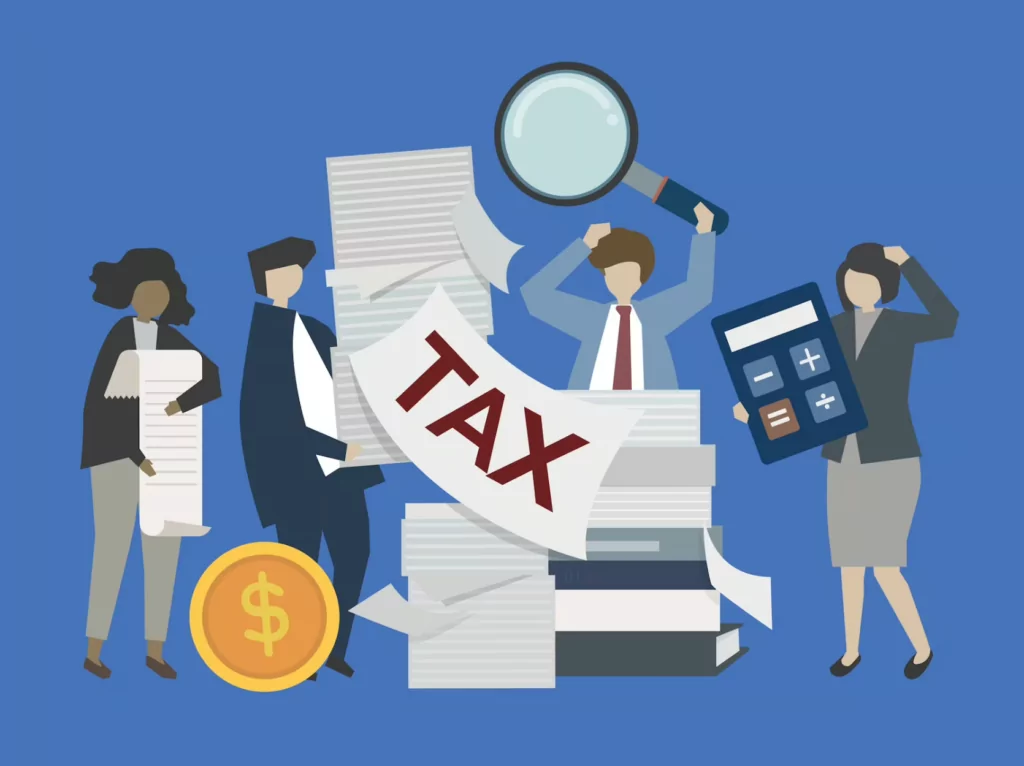
Capital allowance is a term often thrown around in financial and tax circles. Still, many individuals and businesses may need help understanding what it entails or how to leverage it effectively. Whether you are an individual looking to maximise tax deductions or a business owner seeking to optimise your investment returns, understanding and harnessing the power of capital allowance can be a game-changer. Join us as we unravel the complexities and unveil the secrets behind making the most of capital allowance.

Understanding the Implications of Capital Allowance
Capital allowance is a tax deduction that allows individuals and businesses to reduce their taxable income by the value of certain capital assets they purchase or invest in. These assets include equipment, vehicles, machinery, and even specific buildings. Individuals and businesses can lower their tax liability by claiming capital allowance, resulting in significant financial savings. However, it is essential to understand the implications of capital allowance to take advantage of its benefits fully.
One implication of capital allowance is that it encourages investment and stimulates economic growth. By providing tax incentives for businesses to invest in capital assets, governments aim to drive innovation, productivity, and expansion. Capital allowance allows businesses to recover the cost of their investments over time, thus encouraging them to make more substantial and strategic investments. It can increase job creation, improved infrastructure, and a more robust economy.
Another implication of capital allowance is the complex rules and regulations that govern its application. There are various capital allowances, such as the annual investment allowance, first-year allowance, and writing down allowance. Each type has different application criteria, rates, and limitations. Understanding these rules and how to utilise each type of capital allowance properly requires professional expertise and thorough knowledge of tax laws. Failing to comply with these regulations can result in penalties or missed opportunities for tax savings.
Capital allowance is a valuable financial tool that can provide significant tax savings for individuals and businesses. It stimulates investment and contributes to economic growth, but it also comes with complexities requiring professional advice to leverage its benefits fully. By understanding the implications of capital allowance and seeking guidance from tax experts, individuals and businesses can optimise their tax deductions and improve their financial performance.

Strategies for Maximising Capital Allowance
Maximising capital allowance requires careful planning and strategising. One effective strategy is to identify and classify assets correctly. Different assets may be eligible for different rates of capital allowance, so it is essential to understand the specific criteria for each category. Individuals and businesses can maximise their capital allowance claims by accurately classifying assets and taking advantage of all available deductions.
Another strategy is to time asset purchases strategically. Capital allowance claims can be maximised by timing the purchase of assets in a way that aligns with the tax year. Understanding the timing requirements for capital allowance claims can help individuals and businesses decide when to purchase significant assets.
Hiring a professional tax advisor can benefit from maximising capital allowance. Tax advisors have expert knowledge and experience in navigating the complexities of tax laws and regulations. They can provide valuable guidance on structuring capital expenditure and ensuring that all available deductions are claimed, allowing individuals and businesses to make the most of their capital allowances.
Navigating the Process of Claiming Capital Allowance
The first step in this process is understanding what capital allowance is and how it applies to your situation. Capital allowance allows individuals and businesses to deduct the cost of certain assets, such as machinery or equipment, from their taxable income. Doing so can reduce your overall tax liability and increase your cash flow.
Staying informed about the latest tax laws and regulations is crucial to make the most of capital allowance. These rules can change frequently, so consulting with a professional tax advisor or accountant specialising in capital allowance is essential. They can help you identify eligible assets, calculate the allowable deductions, and ensure you comply with the documentation requirements. It is also necessary to keep detailed records of capital expenditure to support your claim and substantiate the deductions. Following these steps and seeking expert guidance, you can confidently claim capital allowance and maximise your financial benefits.

What Businesses Need to Know about Capital Allowance
As tax regulations evolve and governments increasingly emphasise sustainable and green initiatives, businesses must stay informed about the changing landscape of capital allowance. For example, with the rise of renewable energy projects, governments may introduce new capital allowances to incentivise investment in sustainable technologies.
Advancements in technology and digitalisation will also likely impact future capital allowance. As businesses invest in automation and digital infrastructure, they may be eligible for capital allowances relating to these assets. It can provide significant financial advantages while also fostering innovation and competitiveness. Businesses must understand these evolving capital allowances' eligibility criteria and requirements to maximise their potential benefits.
Capital allowance is essential for businesses and individuals to optimise their financial strategies. By staying informed and adapting to the changing landscape of tax regulations, businesses can unlock significant financial advantages and contribute to their long-term sustainability goals. Understanding the future of capital allowance is vital in ensuring businesses can make the most of this valuable asset in a rapidly evolving economic landscape.

